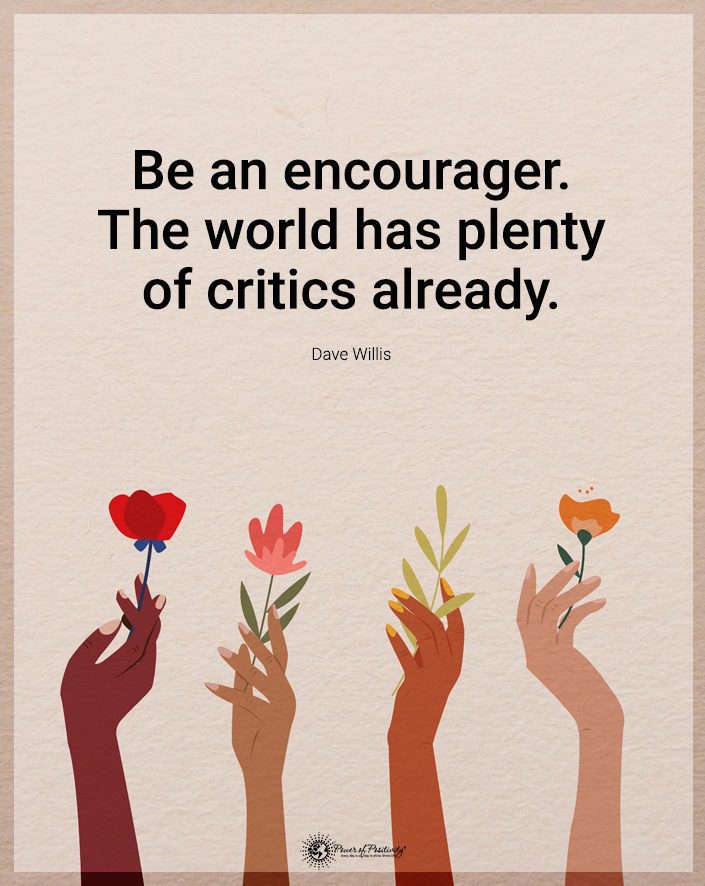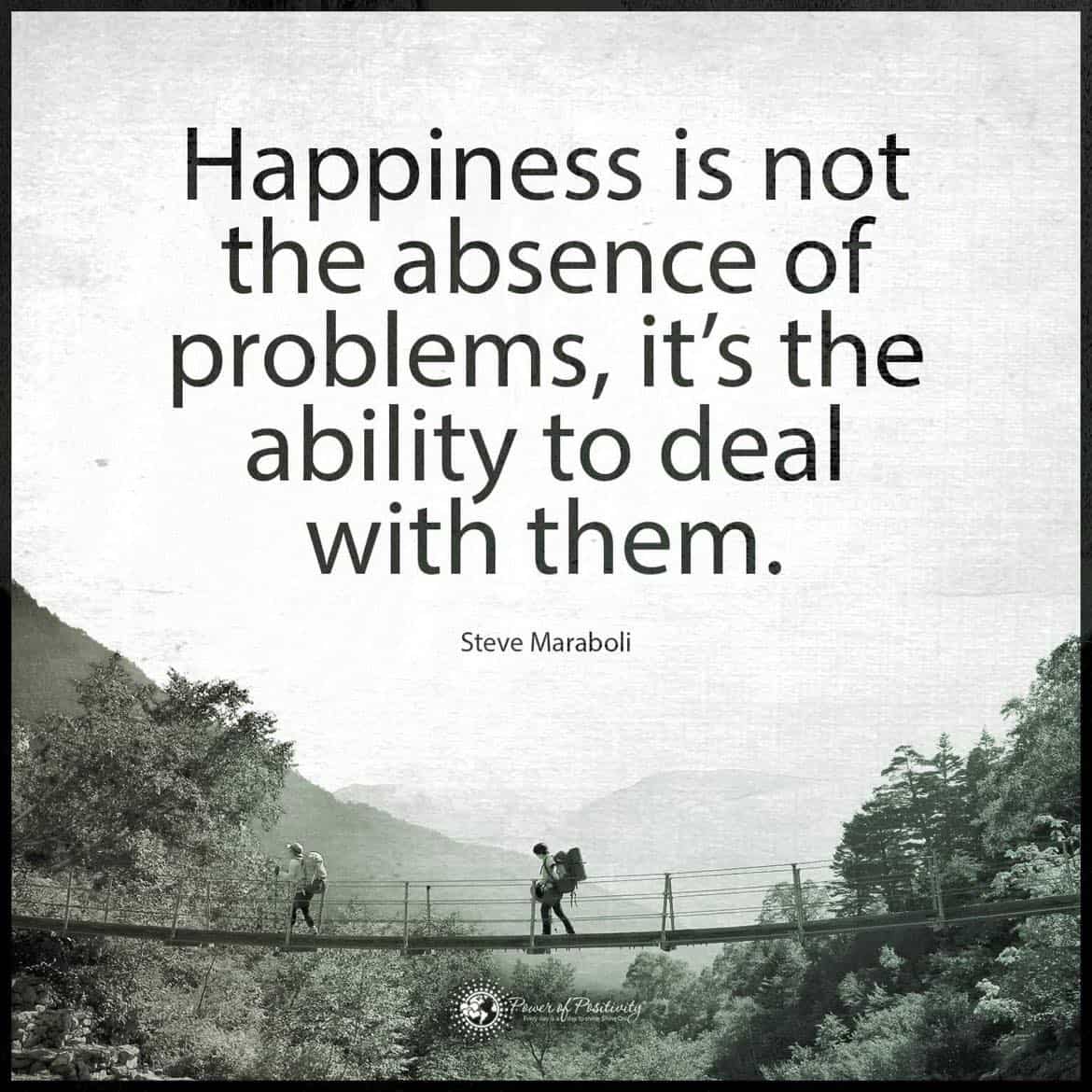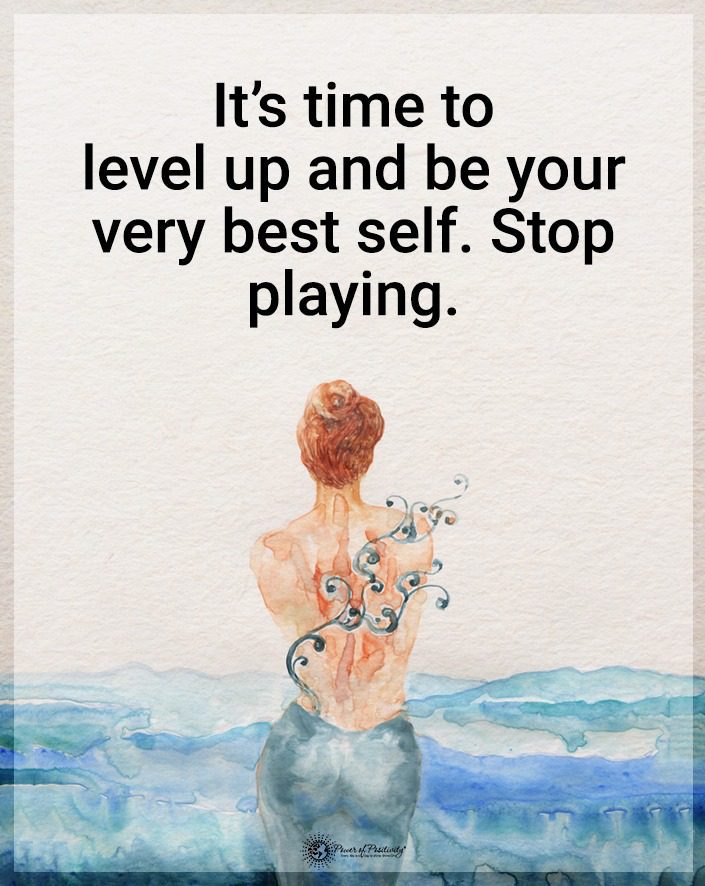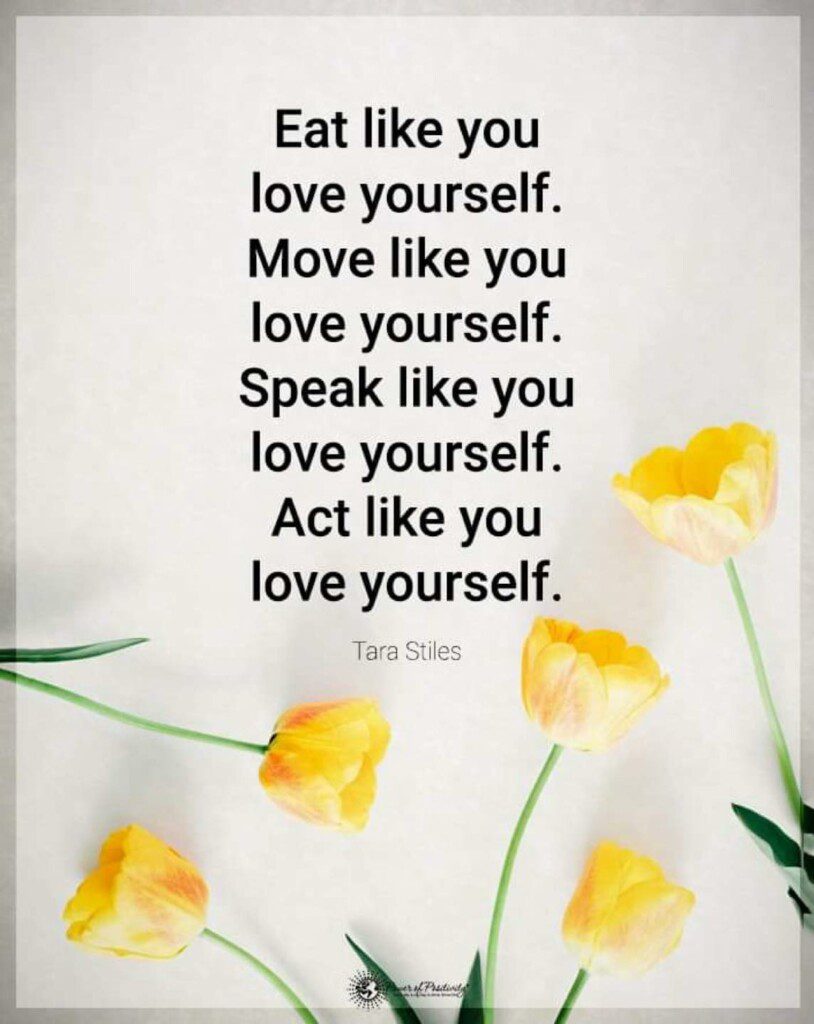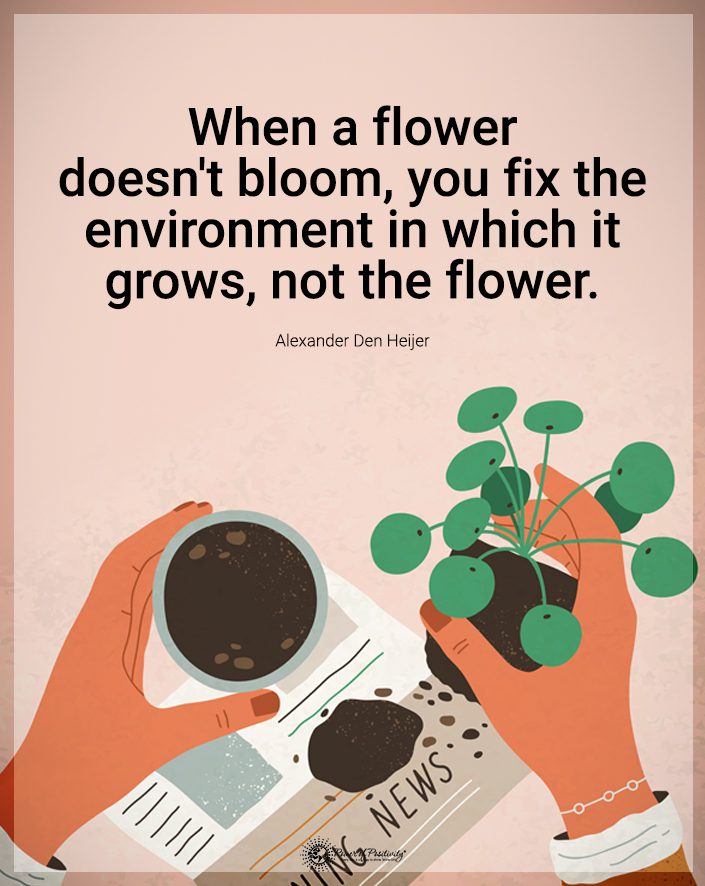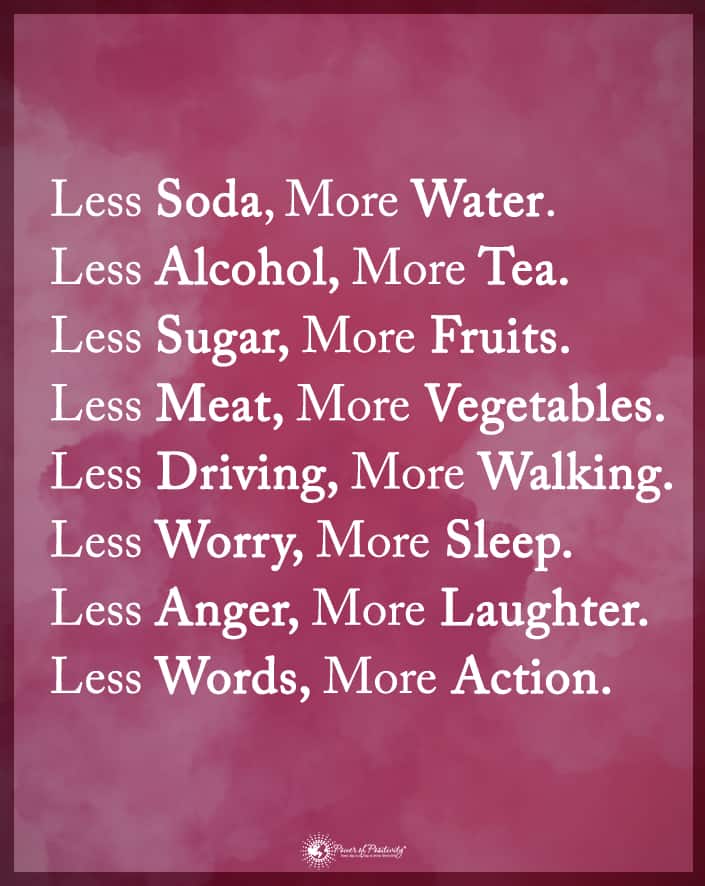Do you need to perform a mold detox? How harmful are the spores to your health?
Fungus and molds are part of the natural environment. They exist everywhere, both inside and outside. The spores thrive in damp places like decaying leaves or on damp drywall. You encounter mold all the time. Mold spores are always in the air, growing on food or living on different things in your home.
Not all mold is harmful. You eat mold in blue cheese. It also comes in medicines like penicillin. Dangerous molds are harmful to people because they produce mycotoxins. Mildew is related to mold, but it’s a different type of fungus. It thrives in damp, dark places. Mildew is powdery and lives on the surfaces, while mold is fuzzy looking, black or greenish. You can develop specific health problems because of molds and mildews.
How do the spores get inside your house?
Mold spores are so tiny they’re almost invisible to the eye. They grow on wet surfaces. Some molds grow without moisture or water. Mold grows indoors when you have leaky pipes or a flood in your home. It can spawn on the firewood that you have sitting in your fireplace. The most common places you can find mold in your house include the following:
- Air conditioning or heating ducts
- Washing machines
- Dryers
- Carpeting
- Upholstery
- Walls
- Ceilings
- Basement
- Garage
- Attic
- Fireplace
- Chimney
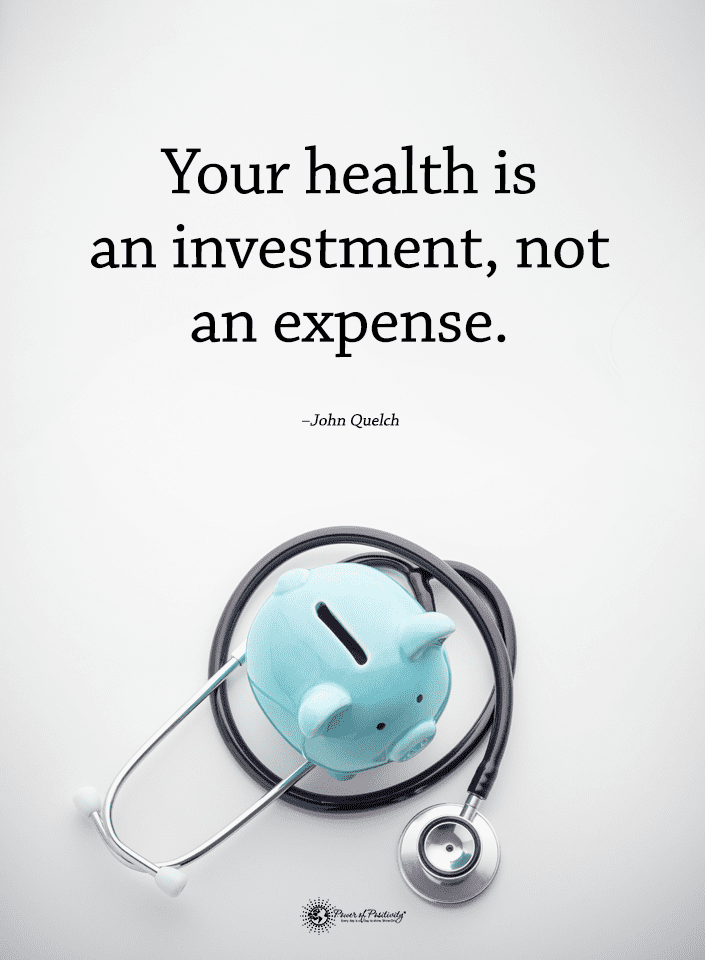
Health problems that might indicate the need for a mold detox
Scientists have discovered the relationship between mold exposure and health problems. They found moldy buildings cause an increase in respiratory problems, including:
Asthma
Asthma is a disease of your airway that causes inflammation. People who are exposed to indoor dampness and these spores are at a greater risk of getting asthma. If you have the disease, mold exposure makes it more severe.
Aspergillus fumigatus
This is a type of fungal asthma. It obstructs your airways by producing too much mucus. Constant exposure to molds can lead to asthma symptoms, especially in young kids.
Allergic reactions
There are some people who have allergic reactions to the spores. When they’re around moldy areas, they develop symptoms such as the following:
- Runny nose
- Sneezing
- Coughing
- Sore throat
- Congestion
- Eye irritation
- Skin rash
- Headaches
Not everyone exposed to mold or mildew experiences symptoms. Or, they have very minor symptoms such as a runny nose.
Changes in your immune system
Long-term exposure to mycotoxins can change your immune system, causing inflammation. Aflatoxins are mycotoxins in grain, seeds, or nuts. The Food and Drug Administration created guidelines to reduce the amount of mycotoxins in the United States food supply, especially in imported foods.
NIH questions the efficacy of mold detox cleanses and issues a warning
The NIH National Center for Complementary and Integrative Health warned that cleanses “advertised commercially, offered at health centers, or part of naturopathic treatment” might waste your money and time. Furthermore, some of the cleanses available do not have enough scientific data to justify purchasing the products.
In the worst-case scenario, the NIH notes, unpasteurized juices can make people sick. The caution here–do your homework. Please learn what’s in any commercial mold detox cleansing product (or any cleanse for that matter) before consuming it.
Because of the stern nature of this NIH warning, we will focus on helping you mitigate spores naturally–consider it a mold detox for your environment to help you avoid illness.
What are treatments for mold allergies?
If you think you have mold in your home, you should probably see an allergist and pulmonologist for tests. Avoid self-medicating until you get a professional diagnosis.
How to kill mold naturally?
Chlorine bleach kills mold, but there are other less caustic ways to clean up minor mold problems. These include:
- White vinegar: White vinegar can be sprayed directly on mold spots in your house. Let the vinegar sit, then wipe. If the mold is still there, repeat this process.
- Tea tree oil: This oil is a natural fungicide. Put eight to ten drops of it in a spray bottle with water. Spray on the mold spots and let the mixture work. Wipe when you notice it’s cleared up the mold.
- Vodka: Vodka is a great natural mold killer. Spray a little vodka on the mold and let it work. Wait a bit, then wipe away the mold spots with a rag.
Eleven tips for mold detox, according to science
Mold detox is considerable controversy in the scientific community. Although most researchers agree that mold can produce substances called mycotoxins, there is no scientific evidence there’s a need for people to do a mold detox.
Most researchers encourage people not to live in fear of mold. If you’re a healthy adult, it’s unlikely you’ll get sick from mold. There is a lot of misinformation about mold detox, mold treatments, and even about mold. However, if you are one of the people who react to its presence, try these things to prevent an illness.
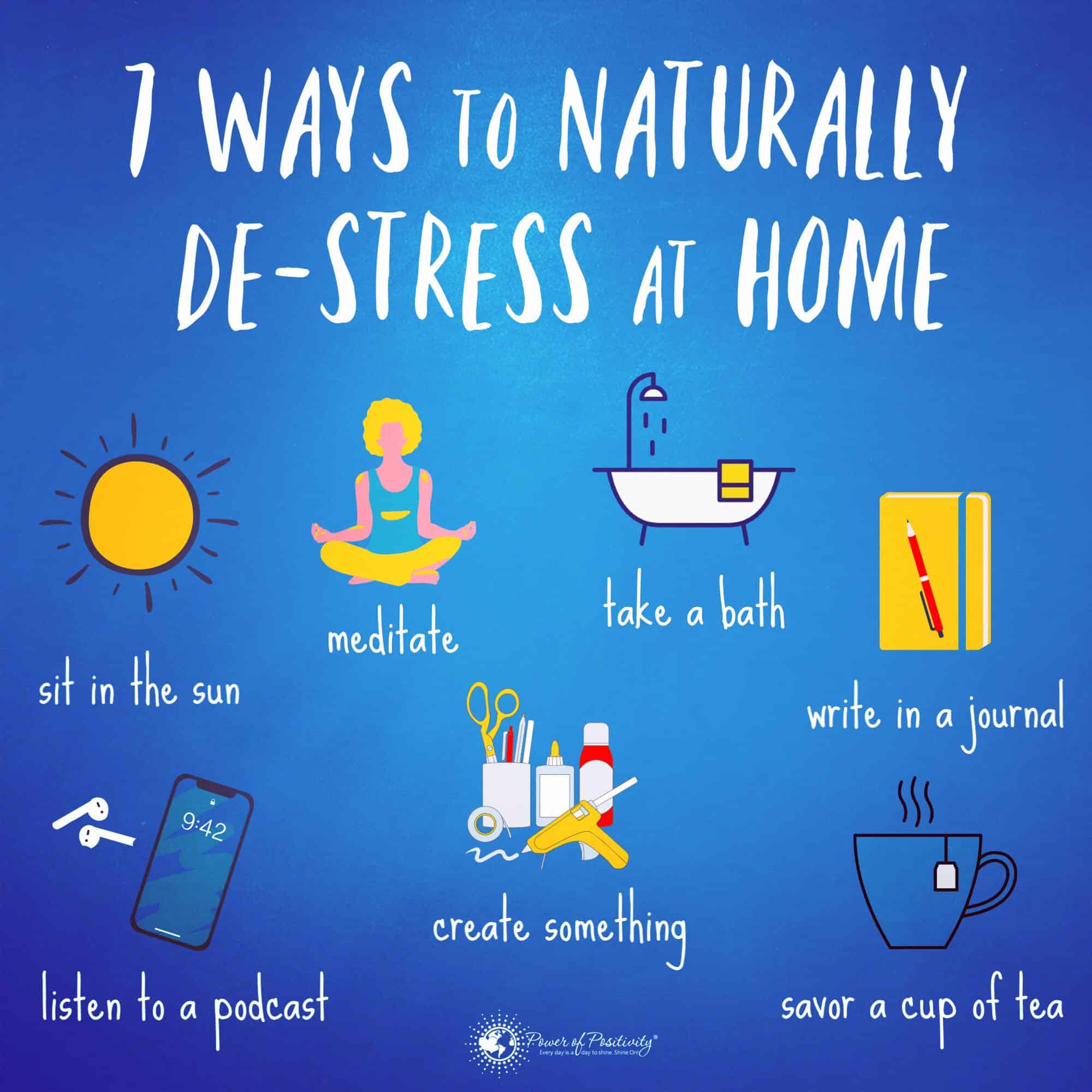
1 – Clean up water damage in your home
If you’re experiencing allergy symptoms, it might be time to get your home checked for mold. Water damage restoration is crucial if you’ve recently had a flood or any water-related issues in your home. Mold growth can thrive in such conditions, making it essential to have a mold inspector evaluate the situation. This is particularly important if you’re at higher risk due to immune compromise or asthma. Allergy symptoms caused by mold include:
- Itchy eyes
- Coughing
- Stuffy and runny nose
- Rash
- Eczema
- Asthma
2 – Mold infections
Mold infections are pretty rare. If you have a mold-related disease, you’ll have a fever of at least 100.4°F. You’ll also have low blood pressure, dizziness, and shortness of breath. The people most prone to a mold infection are those who are immune-compromised or have asthma.
3 – Prevent mold growth in your house
According to the Asthma and Allergy Foundation of America, your conditioner should have a certified allergy and asthma-friendly air filter to prevent mold growth indoors. Use a dehumidifier when it’s humid outside. Always use the exhaust fan in your bathroom during a shower or open a window. Clean your bathrooms, kitchen, and laundry room with anti-mold and mildew cleaners to kill mold.
4 – What about “sweating it out.”
This mold detox treatment claims if you sweat hard enough and long enough, it will remove the mold from your body. There is no science to support such an idea. Of course, it is kind of scary when you look at pink, brown, or black fuzzy mold growing in the corner of your house. Many people equate mold with poison. But according to the CDC, there are few reports of toxigenic molds inside homes. There are even online reports that there’s been pulmonary hemorrhaging or memory loss because of mold. But none of these claims prove to be true. Use a critical eye when reading online health sites that claim to have cures and treatments for things not backed up by scientific research.
5 – Does activated charcoal work for mold detox?
Emergency rooms have activated charcoal to treat drug abuse, overdose, or accidental poisonings, like when a young child eats a poisonous mushroom. But activated charcoal won’t do anything to detox mold exposure. It’s not possible.
6 – Are probiotics beneficial for mold?
Can you use probiotics as a mold or mildew detox? Probably not. They’re beneficial for good gut health, especially when you eat foods that are natural probiotics. Many websites suggest probiotics as a treatment for mold-related conditions, but these live organisms can’t treat a bacterial infection and don’t help with a mold detox.
7 – Get qualified professionals for major mold cleanup projects
Don’t clean up big mold projects on your own. Call a professional who can handle the job safely. Avoid breathing in the mold spores if you must be in the house when they clean up the mold. Wear an N-95 mask with a nozzle on the front with removable cartridges to trap the mold spores. You can change the cartridges daily.
8 – Wear gloves when performing mold detox activities
Always wear gloves if you’re cleaning up minor mold in your home. Use water, detergent, and a disinfectant such as chlorine bleach to wipe down areas where mold grows. Don’t touch mold or any moldy items with your bare hands. Throw out things that have gotten moldy, such as
- Linens
- Carpets
- Stuffed animals
- Cardboard
- Papers
- Foods
- Clothing
- Leather accessories like purses, belts, or shoes are prone to mildew growth
9 – Wear goggles
When you’re cleaning up mold, wear goggles or some eye protection. The best ones are those without ventilation holes, so mold spores can’t get into your eyes.
10 – Use fans to dry your home and avoid the need for mold detox measures
Fans keep the air moving and help dry out areas where moisture could build-up, allowing mold or mildew to grow. Use a fan in your bathroom, kitchen, laundry area, or basement because these are where mold is most prone to develop. Other ways to use a fan to prevent mold include:
- Use the exhaust fan in the kitchen
- Use the exhaust fan in bathrooms
- Put a fan in a room of your house that is dark because of lots of trees outside
11 – Open your windows to avoid spores from forming
Fresh air and sunlight help get rid of mold naturally. Sunlight kills the mold spores and prevents more growth. If you live in an area with high humidity, only open your windows when the humidity is low. Other ways to get rid of mold in your home include:
- Use a dehumidifier in damp areas, like your basement or laundry room
- Clean up any spills right away
- Air out your house once a day to get good air circulation flowing
- Keep your clothing dry
- Change the filters on your AC
- Wash mildewed shower curtains
Final thoughts on performing mold detox
Mold is a natural part of your environment. It’s found all over the world. Not all molds are harmful. People with asthma or a suppressed immune system risk getting sick from certain types of mold. Healthy adults don’t need to think of mold as poison. Typically, household molds aren’t dangerous. Of course, if you have a big problem with spores in your house, call in professionals to clean it. You can clean small bits of mold in the bathroom or kitchen with household cleaners or use the natural mold cleaners suggested in the article.


